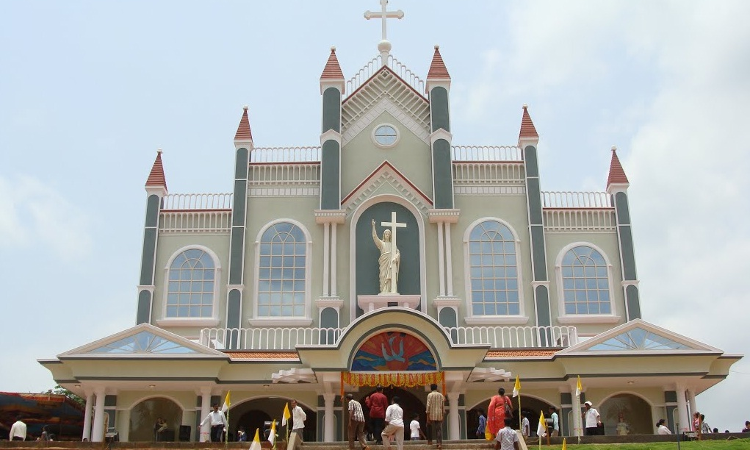Church Survey Intended For Welfare Of Minorities : Karnataka Govt Tells High Court
Mustafa Plumber
3 Dec 2021 3:08 PM IST

Next Story
3 Dec 2021 3:08 PM IST
The State government in its statement of objections filed before the Karnataka High Court has said that the policy decision taken by it seeking to collect information about churches in the state is only for the purpose of welfare and well being of minorities. The reply is filed in response to a petition filed by People's Union For Civil Liberties challenging the communication issued...
